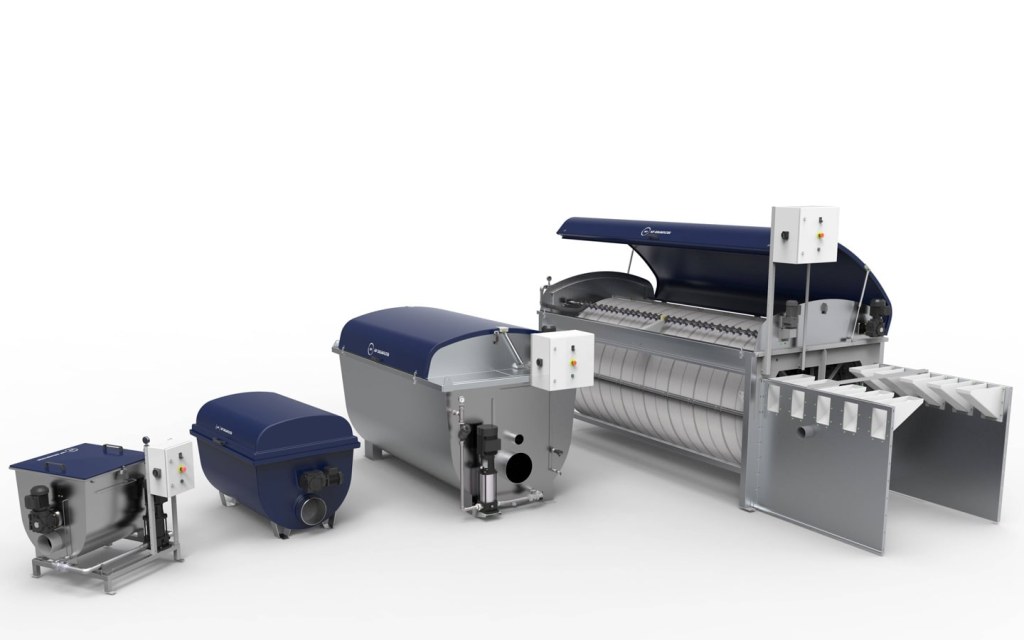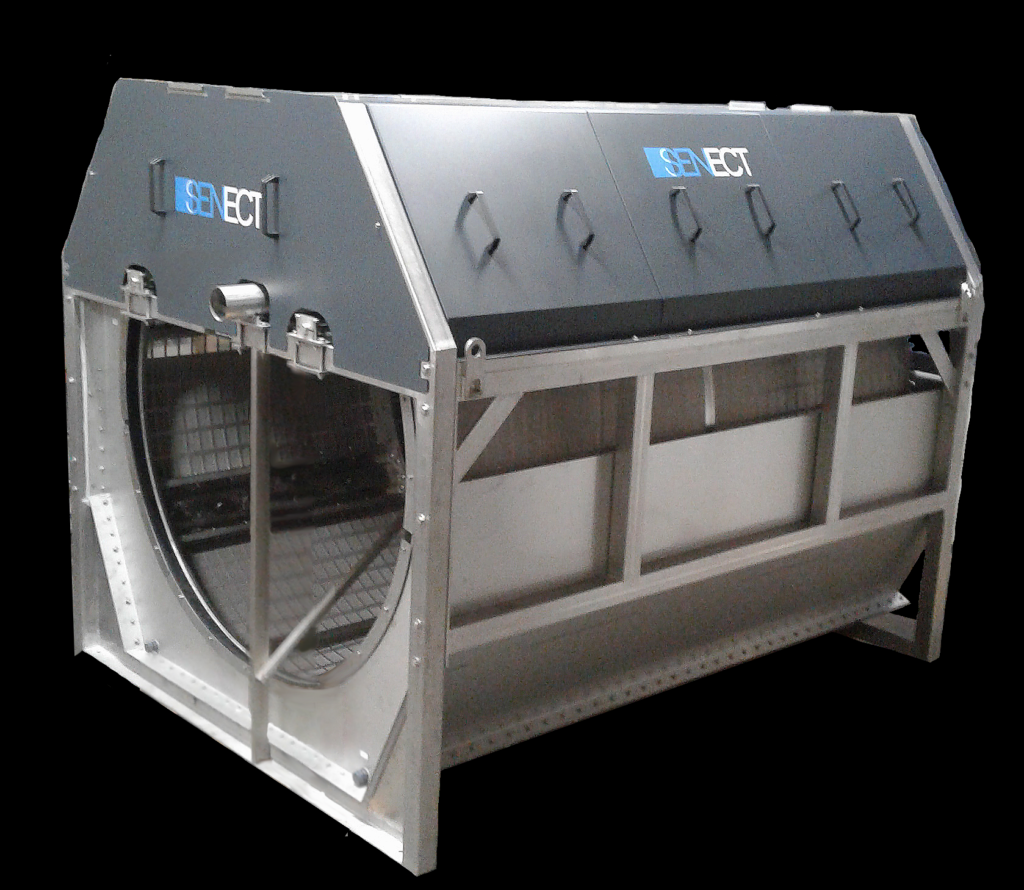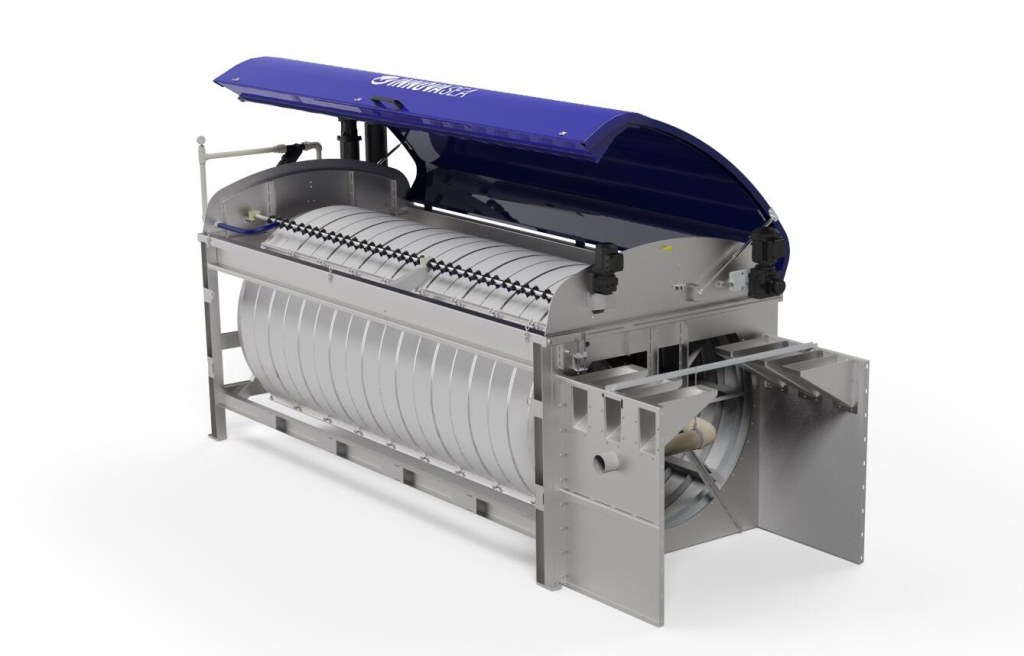Drum Filter Aquaculture: An Essential Tool for Efficient Water Filtration
Greetings, Music Enthusiast! Today, we will delve into the world of drum filter aquaculture, a crucial aspect of maintaining a clean and healthy aquatic environment. Whether you are a seasoned drummer or simply a curious reader, this article will provide you with valuable insights into the benefits, applications, and workings of drum filters in aquaculture.
Introduction
1. What is drum filter aquaculture? 🎣
Drum filter aquaculture is a technique used in the aquaculture industry to remove solid waste from water, ensuring optimal water quality for fish and other aquatic organisms. It involves the use of a rotating drum filter system that mechanically filters out particles and debris, effectively cleaning the water.

Image Source: innovasea.com
2. Who can benefit from drum filter aquaculture? 🐟
Drum filter aquaculture is particularly beneficial for fish farmers, aquaponic growers, and aquarium enthusiasts. By removing solids such as uneaten food, fish waste, and algae, drum filters help prevent water pollution and maintain a healthy environment for aquatic life.
3. When and where is drum filter aquaculture used? ⏰🌍

Image Source: senect.de
Drum filter systems are widely used in various aquaculture settings, including fish farms, hatcheries, aquaponics systems, and public aquariums. They are highly versatile and suitable for both small-scale and large-scale operations.
4. Why is drum filter aquaculture important? 🤔

Image Source: innovasea.com
Water quality plays a vital role in the health and growth of aquatic organisms. Drum filter aquaculture helps maintain optimal water conditions by removing solid waste, which can contribute to poor water quality and disease outbreaks. It also reduces the frequency of manual cleaning and water changes, saving time and resources for aquaculture operators.
5. How does drum filter aquaculture work? 🔄
The drum filter system consists of a rotating cylindrical drum made of stainless steel or synthetic material. As water passes through the drum, the filter screens catch solid particles, while clean water is collected and returned to the aquaculture system. The captured waste is periodically removed from the drum, ensuring continuous filtration.
Advantages and Disadvantages of Drum Filter Aquaculture
Advantages:
1. Efficient solid waste removal: Drum filters effectively remove solid waste, improving water quality and reducing the risk of diseases.
2. Automatic operation: Once installed, drum filters can operate continuously with minimal manual intervention, saving time and effort for aquaculture operators.
3. Versatility: Drum filter systems can be customized to suit various aquaculture setups, including different flow rates, filtration levels, and screen sizes.
4. Space-saving design: Compared to other filtration methods, drum filters have a compact design, allowing for more efficient use of space in aquaculture facilities.
5. Longevity: High-quality drum filters are durable and have a long lifespan, making them a reliable investment for aquaculture businesses.
Disadvantages:
1. Initial investment: Drum filter systems can be expensive, especially for small-scale aquaculture operations, requiring careful consideration of cost-effectiveness.
2. Regular maintenance: Although drum filters are low-maintenance, periodic cleaning and replacement of filter screens are necessary to ensure optimal performance.
3. Power consumption: Drum filters require electricity to operate, which can increase overall energy consumption in aquaculture facilities.
4. Dependence on water quality: Drum filters are most effective when the water being filtered is relatively clean and does not contain excessive amounts of organic matter or pollutants.
5. Limited particle size filtration: While drum filters can effectively remove larger particles, finer particles may require additional filtration methods to achieve optimal water clarity.
Frequently Asked Questions (FAQ)
1. How often should I clean the drum filter?
It is recommended to clean the drum filter at least once a week or as needed, depending on the amount of waste accumulated and the specific requirements of your aquaculture system.
2. Can drum filters be used in saltwater aquaculture?
Yes, drum filters are suitable for both freshwater and saltwater aquaculture systems. However, it is essential to choose appropriate materials that can withstand the corrosive nature of saltwater.
3. Are drum filters compatible with all fish species?
Drum filters are generally compatible with a wide range of fish species. However, it is essential to consider the size and behavior of the fish to prevent any damage to the filter screens or the fish themselves.
4. Can drum filters remove dissolved pollutants?
No, drum filters primarily remove solid waste and particles suspended in the water. To remove dissolved pollutants, additional water treatment methods such as protein skimmers or activated carbon filters may be required.
5. How can I optimize the performance of my drum filter?
To optimize your drum filter’s performance, regular maintenance, including cleaning the filter screens and checking for any obstructions, is crucial. Additionally, monitoring water parameters such as flow rate, temperature, and pH levels can help ensure optimal filtration efficiency.
Conclusion
In conclusion, drum filter aquaculture is a valuable tool for maintaining clean and healthy water in aquaculture systems. By efficiently removing solid waste, drum filters contribute to improved water quality, reduced disease risks, and overall better aquatic environment management. Whether you are a fish farmer, aquaponic grower, or aquarium enthusiast, considering the benefits and drawbacks of drum filter aquaculture can help you make informed decisions for your aquatic ventures.
Final Remarks
In the realm of aquaculture, drum filter systems have revolutionized water filtration, offering efficient and automated solutions for maintaining optimal water quality. However, it is essential to carefully assess the specific needs and requirements of your aquaculture system to determine if drum filters are the right choice for you. Always consult with experts and consider factors such as budget, space availability, and the types of aquatic organisms before investing in a drum filter system. Remember, a well-designed and properly maintained drum filter can significantly contribute to the success of your aquaculture endeavors!